– Last week, you attended a conference organized by the prestigious Iliade Institute which focused on the transformation and future prospects of European politics. On the eve of the French presidential election, how would you describe the dynamics in French politics nowadays?
– The primary vocation of the Iliade Institute is to work "for the long-term memory of Europe". Indeed, identity confusion and progressive nihilism undermine any ambitious politics in the West today. This is why the work of the Iliade Institute is valuable in the debate of ideas in France. The Institute offers training, conferences, and publishes numerous books. An annual symposium takes place in the spring not far from the National Assembly, in the magnificent Maison de la Chimie. This year, the symposium, entitled „At the Sources of Politics: Identity, Sovereignty, Sacredness,” brought together more than 1,200 participants. The intellectual debate in France is going rather badly: political correctness limits discussions, media uniformity silences all currents of thought other than that of the dominant liberalism, and there are even „memory laws” concerning the interpretation of history which limit freedom of expression. Mere proposals in favour of national interests violate the law against alleged “incitement to hatred”.
In this context, France’s overall political dynamic depends mainly on news commentary disseminated by the mainstream media, and without substantive thought. By contrast, the Iliade Institute sets high standards and fosters radicalism, bringing together original authors such as Alain de Benoist and Renaud Camus.
– As a political analyst, how do you understand the main ideas that are colliding in the French election?
– The presidential elections in France are the occasion for the most animated debates between the various parties. Traditionally, the political battle opposes the left against the right. This division is disappearing, however, due to a lack of ideas to structure it and of parties to represent it. Indeed, the Socialist Party (PSE) almost disappeared in 2017 as a result of the ascendancy of Emmanuel Macron’s party, “En Marche!”, while “Les Républicains” (PPE) is torn between the liberal centre-left and the populist right. Another cleavage is taking place in which an elite bloc is opposing a populist bloc – factions which the British writer David Goodhart designates using the terms “anywheres” and “somewheres”. He schematically opposes “somewheres,” those who see themselves as rooted in a specific place, against “anywheres,” uprooted individuals who are citizens of the world. The right/left and somewhere/anywhere dichotomies roughly overlap.
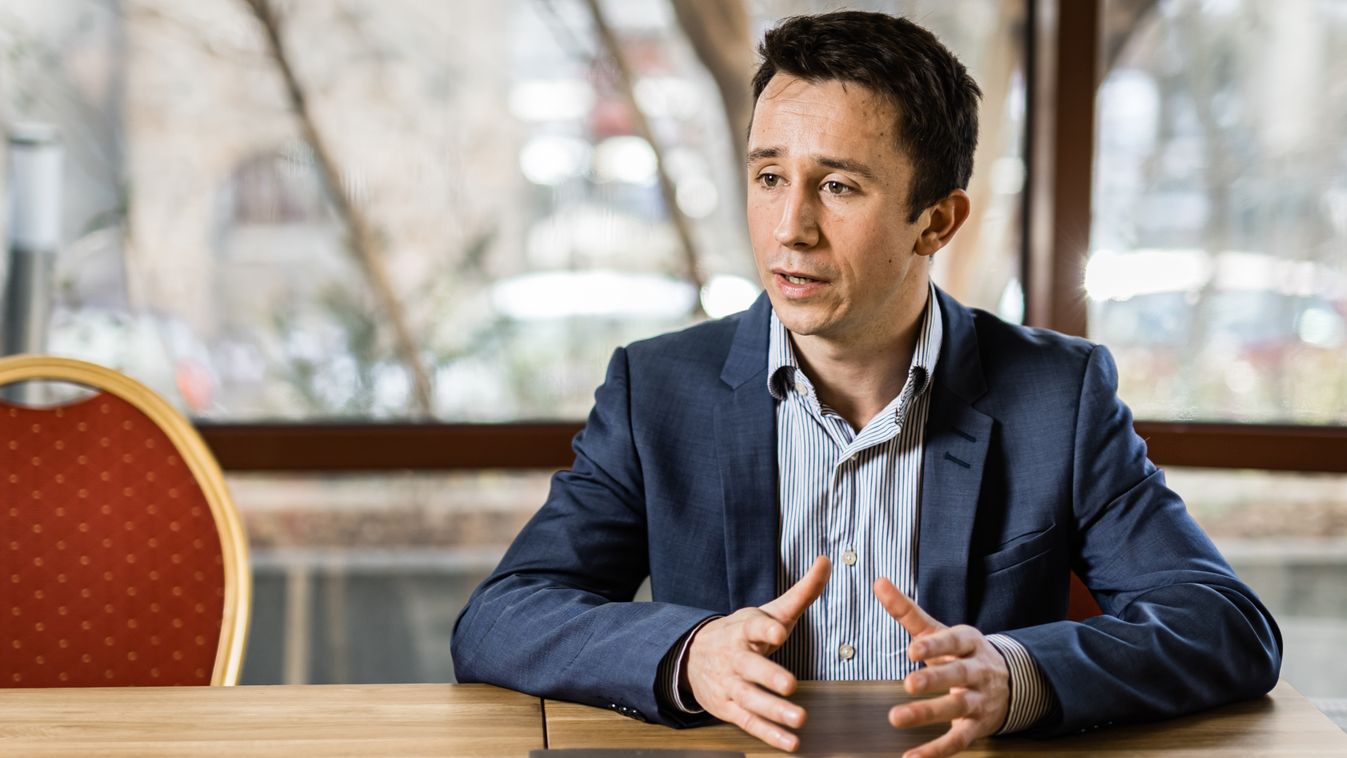
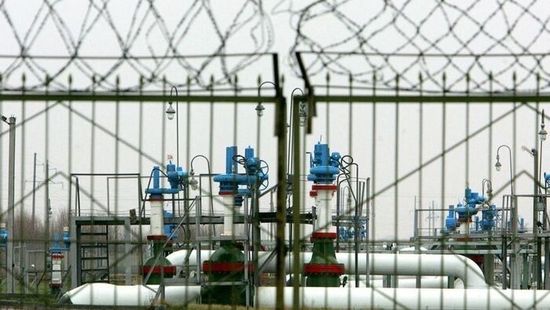
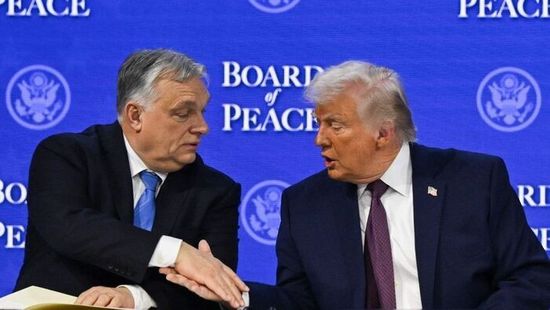
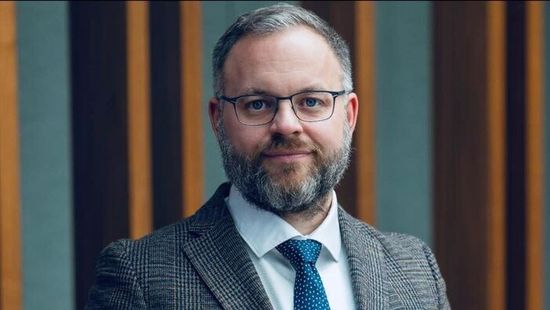
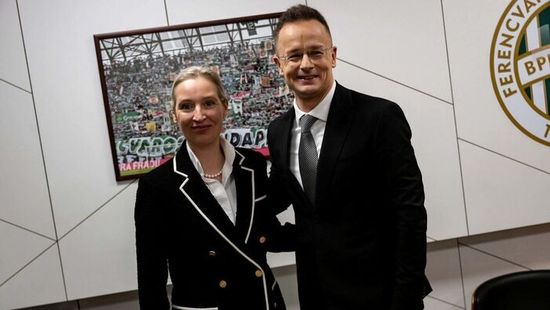


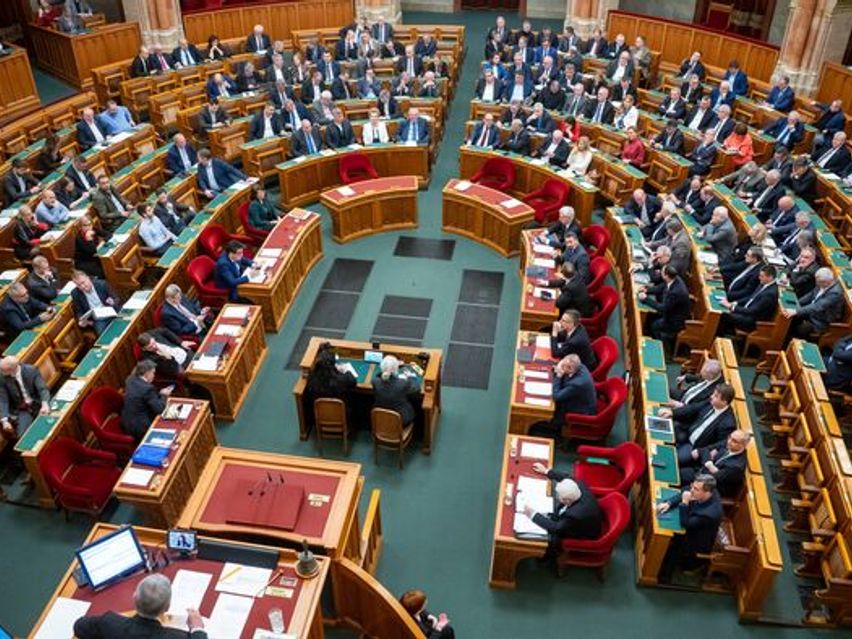



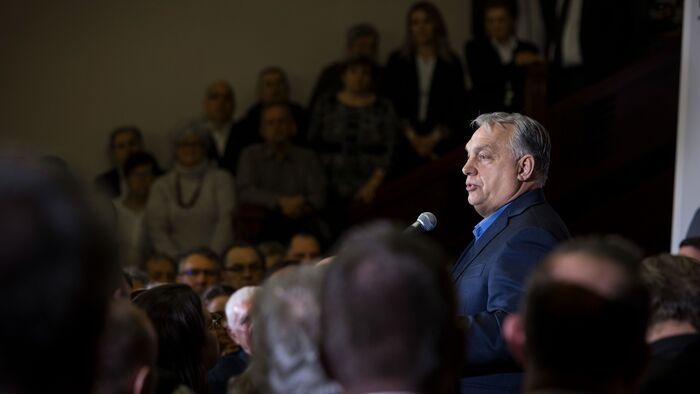
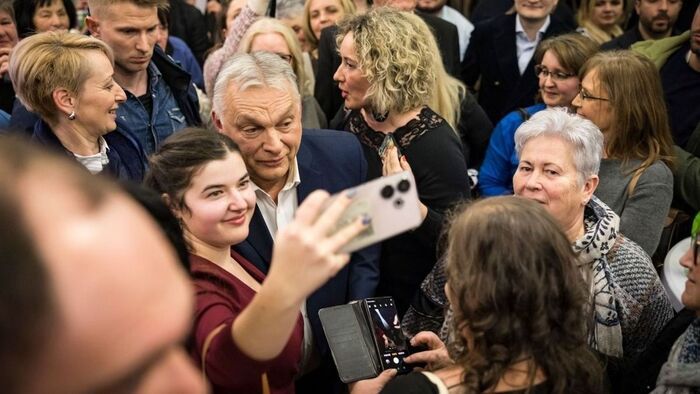

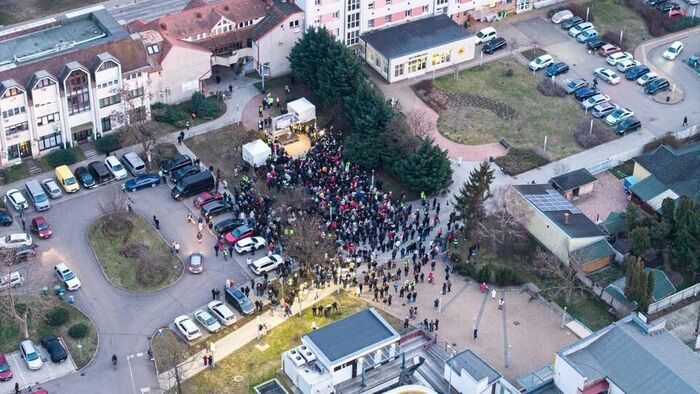
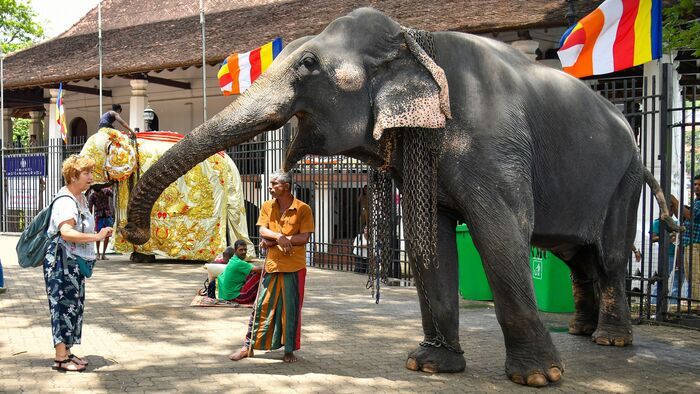





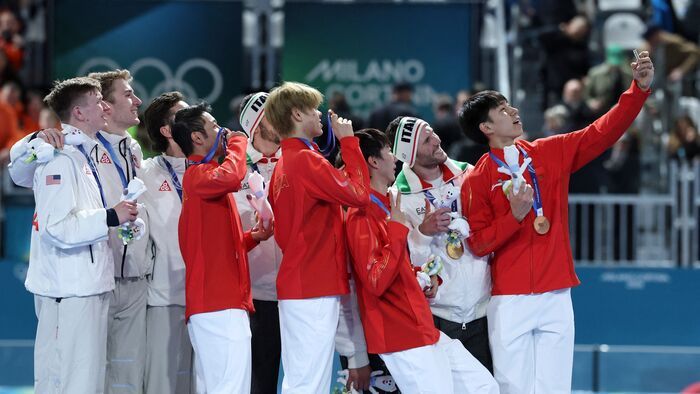

Szóljon hozzá!
Jelenleg csak a hozzászólások egy kis részét látja. Hozzászóláshoz és a további kommentek megtekintéséhez lépjen be, vagy regisztráljon!